English Dub Season Review: Free! Dive to the Future
Maybe the real tournament records were the friends we made along the way.
Overview
In this third season of the popular “swimming anime,” Haruka Nanase and Makoto Tachibana take on college in Tokyo. Haru joins his university swim team alongside former teammate Asahi Shiina; Makoto studies sports education and becomes a children’s swim coach; Rei Ryugazaki and Nagisa Hazuki welcome new members to the Iwatobi High School Swim Club. But when Makoto, Haru, and Asahi run into Ikuya Kirishima—the fourth member of their middle school swim crew—they’re struck by a fierce desire to reconnect. As Ikuya avoids his old friends, it becomes clear that there are some wounds even time can’t heal.
In his quest for Ikuya’s friendship, Haru must confront his own broken promises, compete against Ikuya’s friend Hiyori, and take on his worst fear: swimming something other than free. While Haru, Ikuya, Asahi, Rin Matsuoka, and some formidable new contenders all fight for a place on the global stage, they face the question—which is more important, friendship or success? Is it possible for an athlete to have both?
Our Take (Spoilers Below!)
When the first season of Free! came out in 2013, I was facing a pretty stressful time in my life. Free! was the perfect escape from all that: a lighthearted show about friendship and sports with low stakes and fun characters. I was desperately excited when season two was released (titled Free! Eternal Summer), but somewhere around the halfway point, I lost interest. Compared with season one, Eternal Summer’s plotlines were loose and uninspired, and it felt like the creators wanted an excuse to drag out our nostalgia for these lovable characters but didn’t have a great idea for a new story.
Fast forward to 2018, and Dive to the Future is here. Despite my misgivings towards Eternal Summer, I wanted to give Dive to the Future a chance. Maybe this season would blow me away in comparison. But mostly, I have the same complaints about this season as I did with season two—these episodes weren’t created to tell a new, vital story. They were created for the sole purpose of cranking out more Free!.
The problem with Dive to the Future can be boiled down to two key issues. Number one: there are too many characters. God, there are too many characters. Here’s a brief list of some of the major characters in Dive to the Future: Haru, Makoto, Nagisa, Rei, Rin, Ikuya, Hiyori, Asahi, Kisumi, Gou, Shizuru, Romio, Ayumu, Sosuke, Ai, Momo, Seijuro, Isuzo, Natsuya, Nao, Mikhail, Ryuuji, Albert, Kaede, Misaki… that’s too many characters. How is it possible to flesh out all these people in a meaningful way and give all of them a substantial role in the story? Many characters—like Albert and Kaede, Haru’s two global-level swimmer nemeses—could easily be condensed into one person. Albert is built up to be this huge threat, and then he’s completely overshadowed by Kaede in the season finale. Other characters, like Natsuya, get set up to have an interesting arc—he realizes that he needs to return to Japan to swim with Nao—but there’s no follow-through, as we never really learn what kind of relationship Natsuya and Nao have or see them interact in any meaningful way.
A few other plotlines are dropped this way—early on the series, Rei and Nagisa discover that they could qualify for the All-Japan Invitational as high schoolers if they’re good enough, but then that never comes up again. It’s clear they didn’t qualify, but why bring it up if the show isn’t even going to show them trying? Plus, Natsuya mentions something about Ikuya’s “medical condition” that never rears its head again, and viewers are promised a race between Isuzo and Haru that never comes.
The other major element that can make Dive to the Future tedious is the amount of time it spends on recap and flashbacks. Countless scenes are filled with various combinations of characters meeting up to discuss information that viewers already know. Dialogue should tell us something new about characters or advance their relationships with each other, but so many scenes in this season do neither. And when it comes to the boys trying to reconnect with Ikuya, there’s so much logistics and planning and searching that is truly uninteresting to watch. It’s like the writers only had enough content to fill six episodes but needed to pad out the rest of their airtime in order to create the illusion of a full season. Plus, for the “swimming anime,” there’s so much talking and so little swimming. Coming from a guy who doesn’t care at all about IRL sports—I really like watching these characters swim! Let me see some swimming, dammit!
But these negative aspects aren’t the whole story. Certainly, there’s much to love about Free! Dive to the Future. The swimming races are exhilarating, with vibrant animation and exciting music. In general, the animation in this series is lovely, from the clear, cool pool water to Ikuya’s fluffy hair.
And the real highlight here is the season’s message: that friendship is vitally important. As much as we might desire success in our careers or in the swimming pool, success means nothing if you push away the people around you and don’t end up with anyone to share it with. Ikuya is the star of the show here, learning the importance of trust, of relying on others, of patience. When he pushes his body’s limits and forgoes his physical and emotional needs, Ikuya plateaus, but when he allows himself to rest and depend on others, he’s able to break his own records. Ikuya teaches us that, while a competitive spirit isn’t a bad thing, life isn’t all about collecting achievements as quickly as possible. It’s okay if you go global next year instead of this year. It’s okay to let people in even if you’re afraid they’ll leave you. And Hiyori goes through this same journey on the other end—at the show’s opening, he’s a nasty ball of jealousy who tries to push Haru’s buttons to drive him away, and he’s constantly worried sick about Ikuya. By the final swim, Hiyori has learned how to share his friend, and it’s made him a lot more relaxed. Another great message for the young people of today: when your best bud makes some new friends, it doesn’t necessarily mean you’ll be left all alone. It could even mean that you’ll make some new friends yourself! These storylines are told through a metaphor of The Little Mermaid that starts out circuitous but comes around to pack a powerful punch. It’s further emphasized by minor tie-in arcs, like Romio’s struggle to dive until he accepts help from his friends, and Asahi psyching Rei up before his swim. This show is a cycle of characters supporting one another, and it’s really heartwarming.
Other characters are awarded subtler—but still rewarding—storylines. Haru learns how to bounce back from defeat, both literal and emotional. He has to figure out how he wants to swim, not just how to follow the wishes of the people around him—but he also learns when to put his creed aside to help his friends. Makoto finds his passion. Rei grows to become passionate about swimming. Natsuya and Sosuke decide to go for their goals, even if there’s a risk involved. New characters, too, are successful additions to the Free! cast: both Isuzo and Albert are characterized from the get-go as fun and interesting people I want to see more of (and if you’ve been reading my reviews, y’all know that Ayumu is my child and I would die for her). Of course, in such a large cast, not everyone gets the airtime they deserve—Rin’s uneventful presence feels mostly shoehorned in so his fans won’t complain, and Nagisa doesn’t have much to do at all. But I still come away from this season with a connection to most characters and an appreciation of the ways they’ve grown.
This season is pretty funny, too. From Chappy the camel to A Rat’s Life 2, there are plenty of chuckles instore. On the other hand, the voice acting is hit-or-miss. Jason Liebrecht does a stellar job as Hiyori, but I’ve never felt like Vic Mignogna was right for the part of Rin. Some actors deliver their lines with stilted, unnatural intonation, but others are perfectly fine. Eh.
To sum it up, this show has some great characters with well-written arcs—it all comes to a head in the emotional nail-biter “Metamorphosis of the Soul!”— but often gets bogged down by repetitive exposition and talk of logistics. With a little focus and some editing, this show could be 10 out of 10, but it’s not quite there. Even so, I can’t stop thinking about how much fun I had watching Mr. I Only Swim Free compete in the IM for the sake of friendship. And that cliffhanger? God, that cliffhanger! Now I’ll have to come back for season four!
Score
-
- 7.0/10
7.0/10
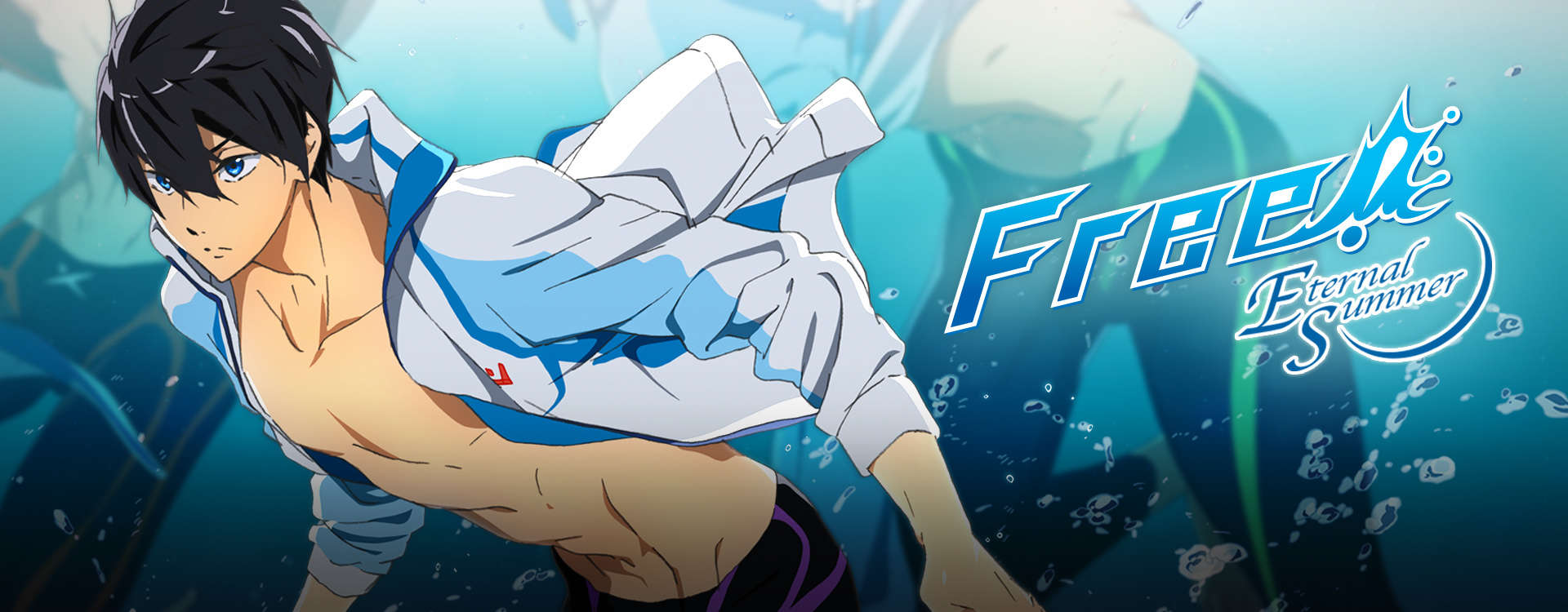
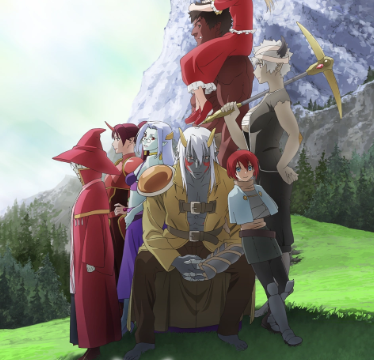

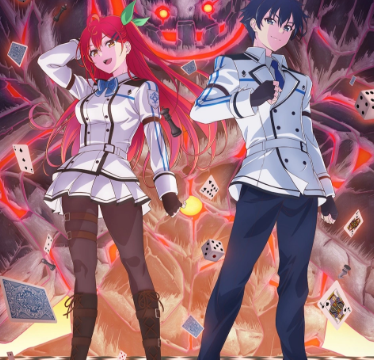
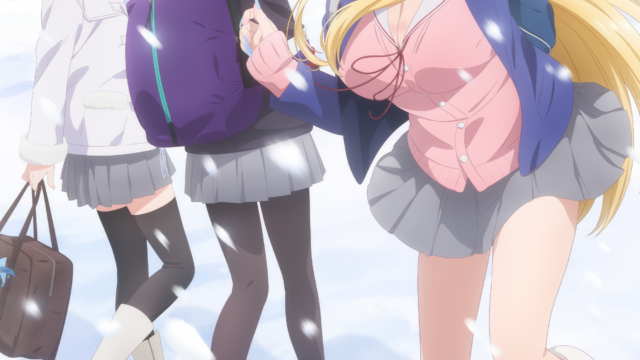
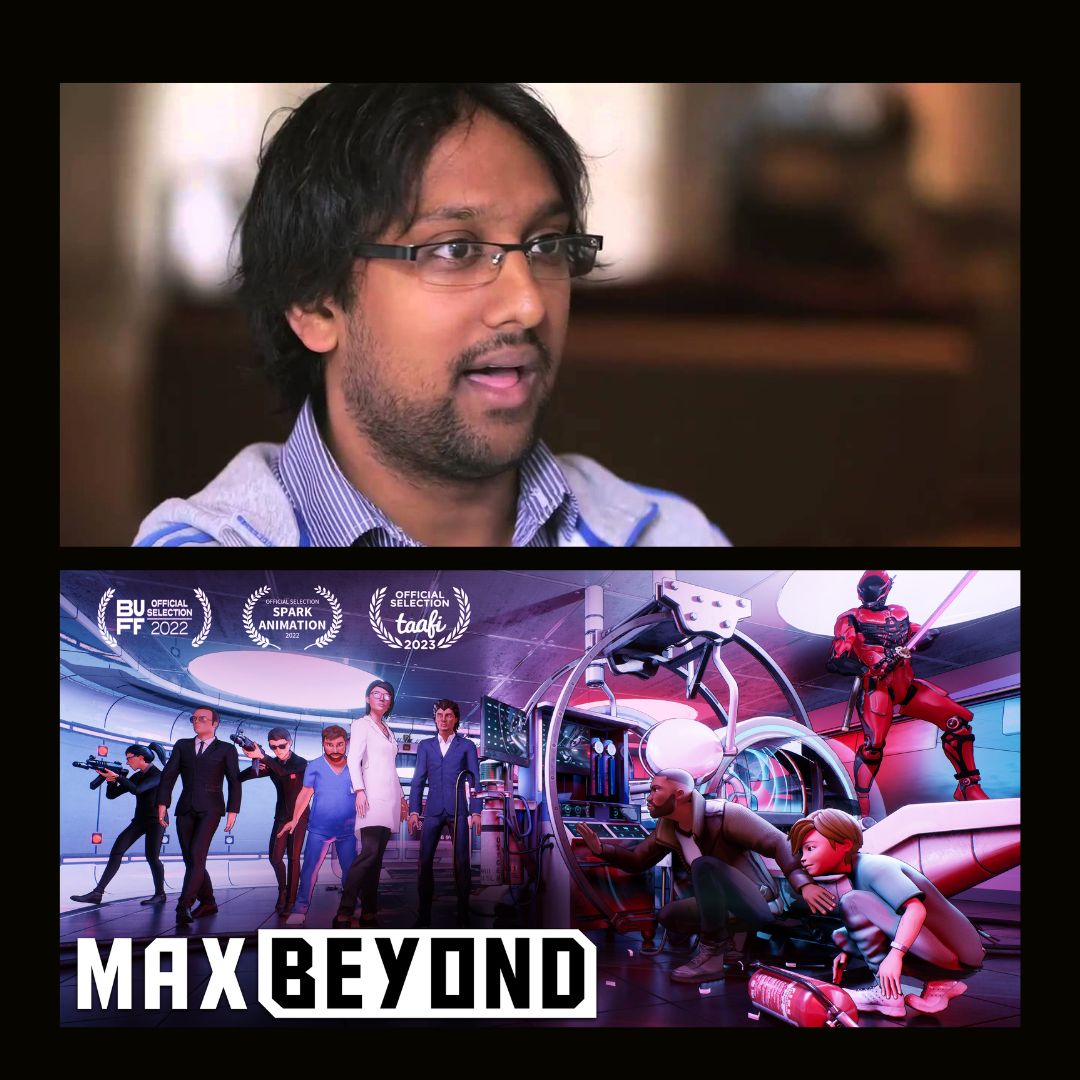

















Hi Ashley, thank you so much for reading and we love the feedback. Note that on that day we had 14th posts go up and only ten posts show on the front page, so it's possible the preview had already been archived by the time you got to it. One recommendation would be to add our RSS feed to your favorite news aggregator service like Feedly, this way you get all of the latest posts!